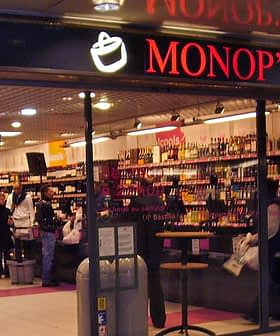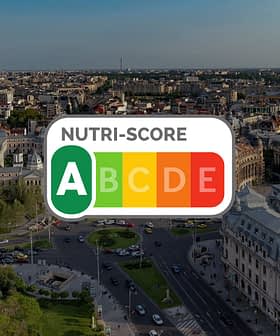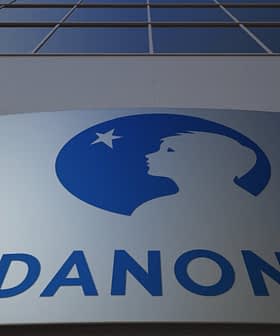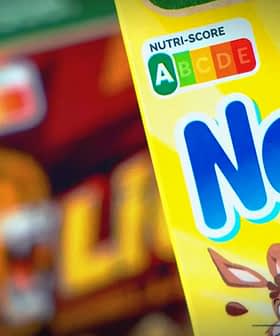Carrefour Mandates Nutri-Score Labels for French Suppliers
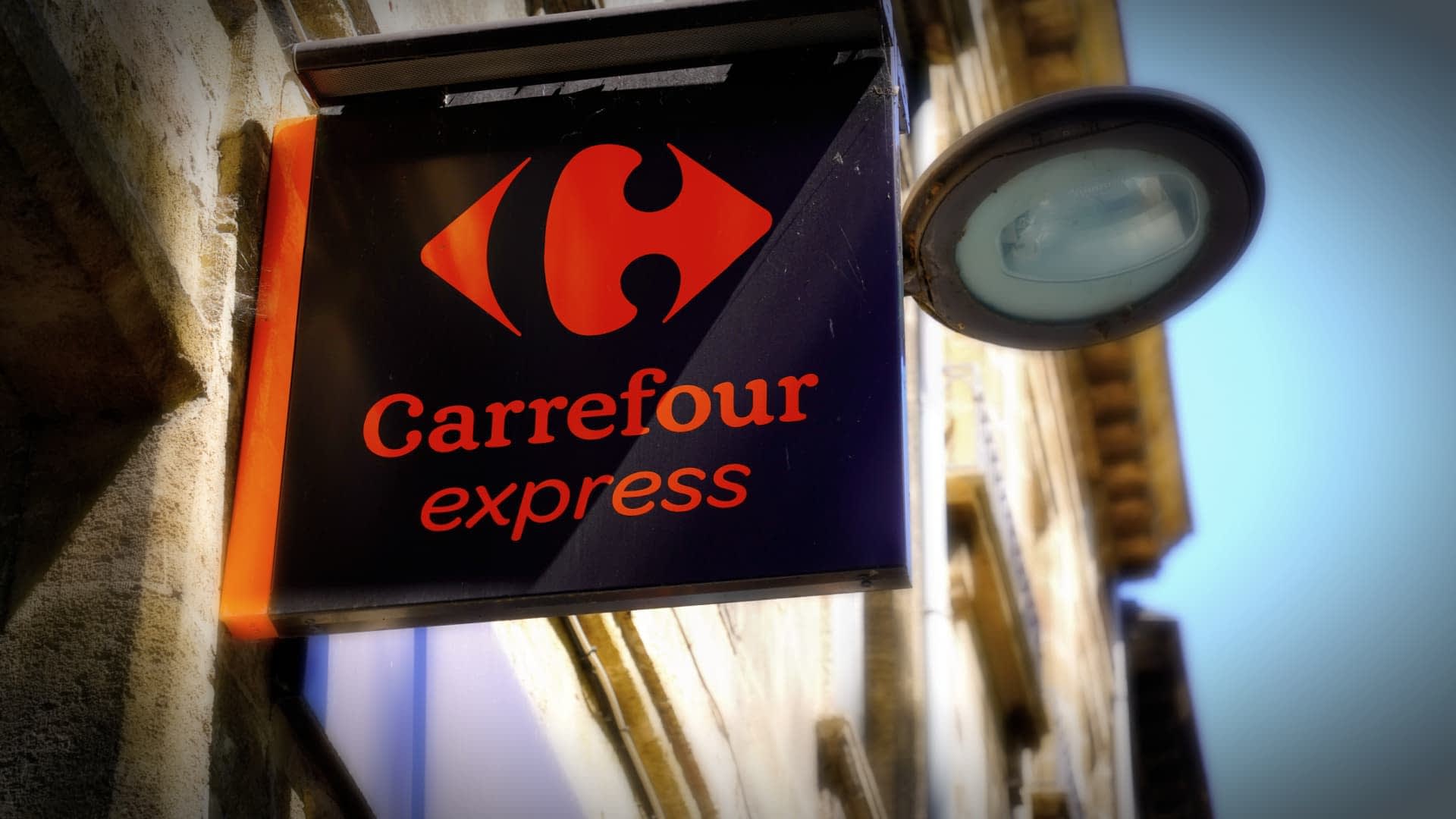
Carrefour will soon require most food packages sold in France to display the Nutri-Score logo, giving suppliers a three-month deadline to comply or have their products rated and published by the retailer. Despite the voluntary nature of Nutri-Score in France, Carrefour’s initiative aims to provide customers with more information to make healthier and more sustainable food choices, as other European countries also adopt the labeling system.
Retail giant Carrefour will soon display the Nutri-Score logo for most food packages sold in France.
In a letter addressed to more than 550 food producers, Carrefour set a three-month deadline for adopting the front-of-pack label (FOPL).
If suppliers fail to comply, the retailer said it would inform its customers, calculate the Nutri-Score ratings for those products and publish them on its website and mobile application.
See Also:Romania Sets New Rules for Nutri-Score Adoption“We will be communicating the Nutri-Score of various products sold at Carrefour on our website and the Carrefour mobile application, except in cases where you formally object to this, which will be communicated to our customers,” Alexandre Bompard, president and chief executive of Carrefour, wrote on LinkedIn to the retailer’s suppliers.
This is the first time a retailer has taken such a firm stance with its suppliers regarding Nutri-Score.
Although France adopted Nutri-Score in 2017, its use on packaging remains voluntary, and producers are not legally required to include it. More than 7,000 food products sold by Carrefour already feature the label.
Nutri-Score is a traffic-light-style FOPL that uses a combination of five coordinated colors and letters to rate how healthy a packaged food item is based on its fat, sugar, salt and calorie content per 100-gram or milliliter serving.
The ‘Green A’ indicates the healthiest option, and ‘Red ‘ denotes the least healthy. All grades of olive oil are rated with a ‘Light-green B.’
Recent research has suggested that Nutri-Score has influenced the composition of food products in France, the first country to adopt the labeling system.
According to the study, food producers are reformulating products to achieve higher ratings on the front-of-pack label.
“Before we ask ourselves whether or not to tax sugary products, let’s start by giving our customers full information about what they consume,” Bompard said.
He emphasized that Nutri-Score’s expanded presence in Carrefour’s offerings is part of the broader Act for Food initiative.
The initiative, launched in 2018, aims to improve the quality-to-price ratio of Carrefour’s products while increasing transparency in food production. The program directly involves food suppliers in these efforts.
“Today, I want to take a step further by providing even more information to our customers about the nutritional profile of the products we sell to help them make choices that lead to healthier and more sustainable consumption,” Bompard wrote.
Among the suppliers targeted by the letter is Danone, the French food multinational, which recently announced plans to reduce the use of Nutri-Score on its packaging significantly.
Danone attributed this decision to the recent revision of Nutri-Score’s underlying algorithm.
“This development gives an erroneous view of the nutritional and functional quality of drinkable dairy and plant-based products, not in line with food-based dietary guidelines in Europe,” the company said.
Nutri-Score has been adopted by several European countries, though it remains voluntary for suppliers in all cases.
The Carrefour initiative comes as Nutri-Score’s future in Europe is increasingly uncertain.
As the new European Commission begins its term on December 1st, the new Commissioner for Health and Animal Welfare, Olivér Várhelyi, ruled out the E.U. adopting Nutri-Score as a European-wide official FOPL during the upcoming legislature.




